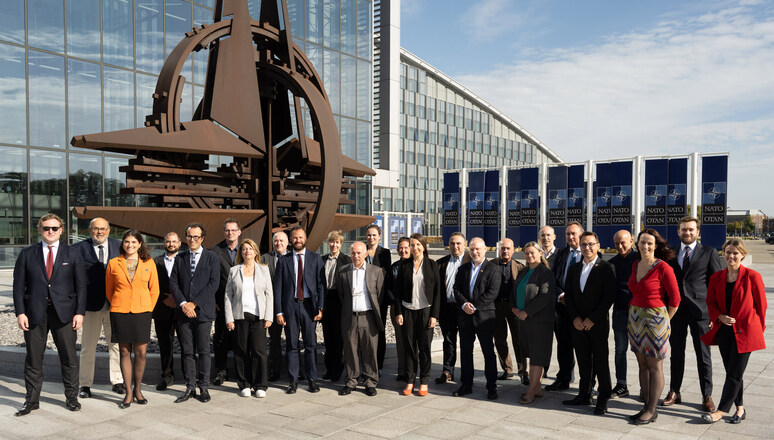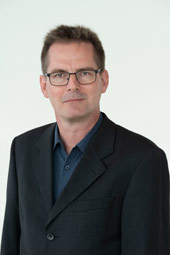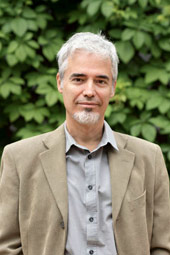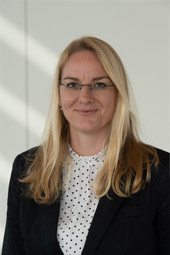Independent Scientific Evaluation Group returns to NATO Headquarters
For more than 60 years, NATO's Science for Peace and Security (SPS) Programme has been supporting and promoting international cooperation on civil science and technology, and the Independent Scientific Evaluation Group (ISEG) is a key part of this vital work. On 10-11 October 2022, the ISEG re-convened in person for the first time since the outbreak of the COVID-19 pandemic in 2020. For two days, the ISEG reviewed and evaluated over 75 SPS project applications, which were submitted in response to a call for proposals on topics related to the NATO 2030 agenda. The ISEG's recommendations will be presented to the Allies, who will make sure that the proposals align with NATO’s priorities and partnership objectives.

At NATO Headquarters from 10 to 11 October 2022, ISEG members and SPS staff held the first in-person meeting since the outbreak of the COVID-19 pandemic.
Currently, the ISEG is composed of 28 scientists from diverse academic backgrounds and countries across the Alliance. Though nominated by their home countries, ISEG members do not represent national governments, but serve in an independent capacity for the sake of science. Indeed, through peer review, the ISEG ensures the scientific merit of proposals and recommends the most promising ones to Allies for their approval. As independent evaluators, ISEG members also play an important role during project implementation, for instance by conducting site visits.

Dr Ulrik Neupert, Germany
The different backgrounds of its members are essential to the work of the ISEG. For instance, Dr Ulrik Neupert works as a project leader for the Defence Technologies Forecast – a continuing series of technology analyses prepared for the German Federal Armed Forces – at the Fraunhofer Institute for Technological Trend Analysis. With his broad scientific background, he has been contributing to the work of the ISEG since 2016 and is currently serving his third mandate as ISEG member.
On the other hand, Miguel Bastos Araújo, Professor of Biogeography and Global Change, is a new member of the ISEG who joined the group with an interest in exploring the links between environmental change and geopolitics.
All members are ultimately selected for the same reason: their high degree of scientific and technical expertise.

Professor Miguel Bastos Araújo, Portugal
The wide range of topics addressed by the NATO SPS Programme requires expertise in diverse fields. Indeed, during two productive days, the ISEG reviewed project proposals ranging from the use of artificial intelligence (AI) applications for cyber defence, over the design of unmanned aerial systems that detect landmines, to innovation in energy storage systems.
"Given the breadth of topics being covered, evaluating the proposals can be challenging," says Dr Neupert. However, he also acknowledges that the insights gained on state-of-the-art research activities are extremely valuable for his own work on science and technology foresight.

Associate Professor Lucia Figuli, Slovakia
Lucia Figuli, Associate Professor at the Faculty of Security Engineering at the University of Zilina, Slovakia, has also come to find this dimension of her work particularly rewarding.
"My years associated with the ISEG have made me proud to be a member of this Alliance. I have come to know the work it does and the interests it defends."
Thanks to the support and scrutiny of the ISEG, a new set of SPS activities is now on its way. Once approved by Allies, these proposals will bring forward research projects and events that will help to keep NATO at the forefront of science and technology.
"The wealth of expertise of the ISEG reflects the SPS Programme's ambition to kick-start collaborative scientific activities that deliver results that can help our Alliance navigate an ever-growing range of emerging security challenges" stated Dr Deniz Beten, Senior SPS and Partnership Cooperation Advisor.
